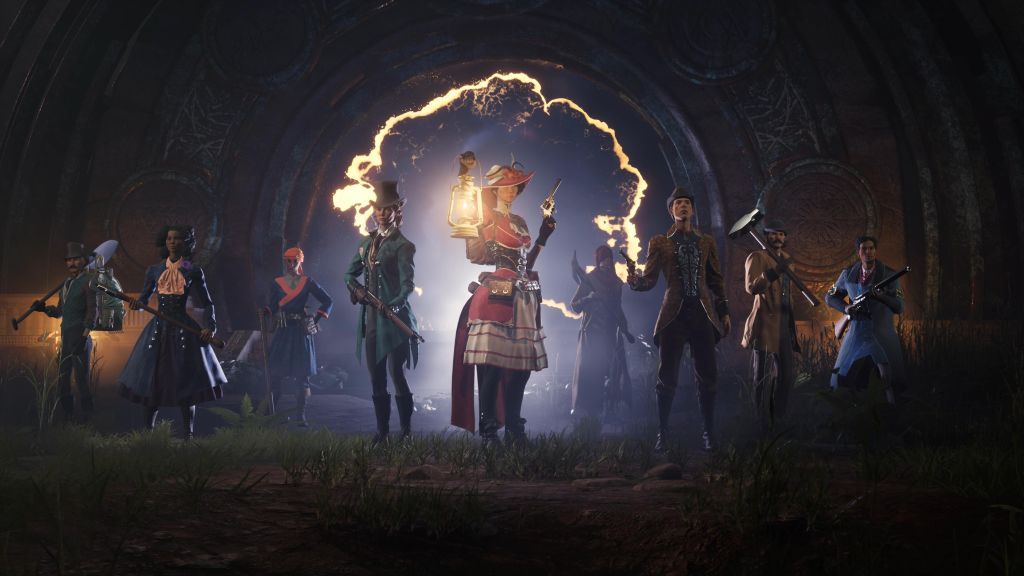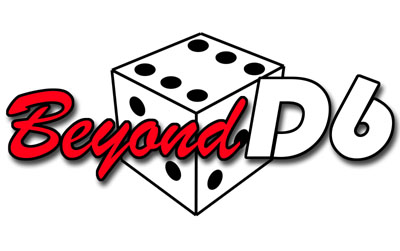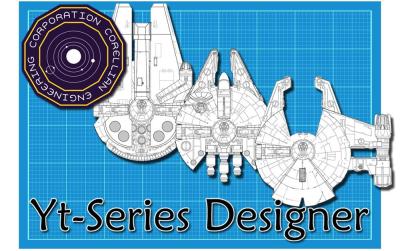
The Art of Crafting RPG Games: A Comprehensive Guide
Role-playing games (RPGs) have captured the hearts and imaginations of gamers worldwide for decades. These games offer unique, immersive experiences that allow players to explore vast virtual worlds, interact with a diverse cast of characters, and make decisions that shape their journey. In this guide, we'll delve into the art of crafting RPG games and discuss the key elements that make these games so engaging and memorable.
World Building
One of the most important aspects of any RPG is the virtual world that players explore. This world should be rich in detail, with a distinct history, geography, and culture. The world should also be dynamic, with events and storylines that unfold in real-time as players progress through the game.
To build a compelling world, it's important to consider the following elements:
- Setting: What is the time period and location of the game? Is it a medieval fantasy world, a post-apocalyptic wasteland, or something entirely different?
- History: What events have shaped the world? How have different races, factions, and political systems evolved over time?
- Geography: What does the world look like? What are its different regions, climates, and landmarks?
- Culture: What are the beliefs, customs, and social norms of the different peoples in the world?
Character Development
Another important aspect of RPG games is character development. Players should feel a sense of attachment to their characters and be invested in their growth and evolution throughout the game. This can be achieved through a variety of means, including:
- Character customization: Players should be able to create and customize their characters, choosing from a variety of races, classes, and skills.
- Character arcs: Characters should have a distinct storyline that unfolds as players progress through the game.
- Skills and abilities: Characters should have a range of skills and abilities that they can develop and improve over time.
Combat and Progression
Combat is a key element of many RPG games, and it's important to get it right. Combat should be challenging, but not frustratingly so, and players should feel a sense of accomplishment as they defeat enemies and progress through the game.
In addition to combat, players should have a sense of progression as they play the game. This can be achieved through a variety of means, including:
- Leveling up: Players should be able to increase their characters' levels and abilities over time.
- Quests: Players should have a range of quests and missions to complete, with meaningful rewards for their efforts.
- Loot: Players should be able to find and collect valuable items and equipment throughout the game.
Story and Dialogue
Finally, story and are key elements of any RPG game. The story should be engaging and well-written, with twists and turns that keep players invested. Dialogue should be well-written and immersive, allowing players to interact with the virtual world and its inhabitants.
In addition to these key elements, there are many other elements that contribute to the overall quality of an RPG game, including graphics, sound, and music. By considering these elements and focusing on creating a rich, immersive world, game developers can craft RPG games that are truly memorable and engaging.
Comments made about this Article!
|
01/Feb/2023 13:38:15
|
Posted by Freddy
|
|
|
Added this as an editorial, as I wrote it for another site, but wanted to keep it with other things I wrote as often these things disappear over time.
|
|
Page designed in Notepad, Logo`s done in Personal Paint on the Commodore Amiga
All text, HTML and logos done by FreddyB
Images stolen from an unknown website at some remote time in the past.
Any complaints, writs for copyright abuse, etc should be addressed to the Webmaster FreddyB.











